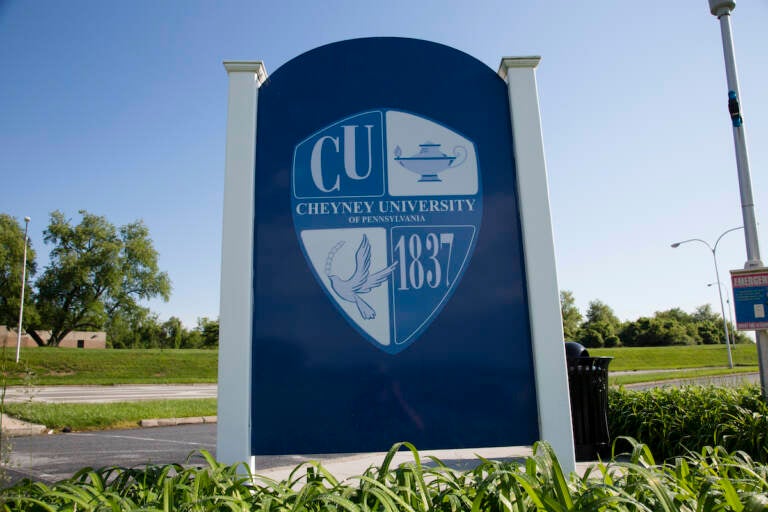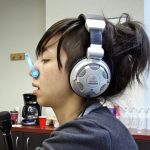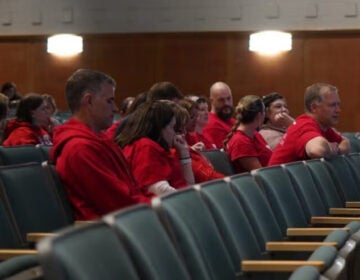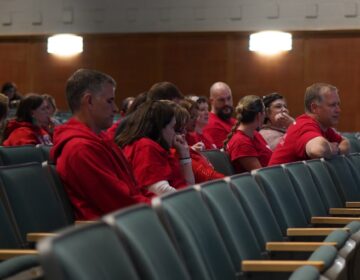Wolf announces $5 million investment in Cheyney University’s ThinkUbator project
Cheyney University is probably best known as the nation's oldest historically Black university. But soon, it could also become known for being a leader in biotech.

Cheyney University of Pennsylvania in Cheyney, Pa., Thursday, May 16, 2019. (AP Photo/Matt Rourke)
Cheyney University is probably best known as the nation’s oldest historically Black university. But soon, it could also become known for something else — being a leader in biotech.
On Tuesday morning, Governor Tom Wolf announced that the state of Pennsylvania has awarded Cheyney University with a $5 million investment for a new initiative called “ThinkUbator” — a biotech incubator designed to bring biologics, cell, and gene therapy companies to the campus.
“ThinkUbator is helping to bring the life sciences community to the Cheney campus in a big way,” Wolf said. “This is a major step. Through partnerships that will advance groundbreaking research while also helping to train a whole new generation of life science leaders and innovators.”
The money will be used to help build and renovate collaborative lab spaces for the companies to use — while offering students, who are normally underrepresented in the STEM fields, a chance to explore careers in science.
“This work is tremendously important because it positions our Cheyney university students to reduce the disparity that exists,” said Vanessa Atkins, director of the life sciences and technology hub at Cheyney University, “because Black Americans make up 11% of the total workforce, but only 6% of the life sciences workforce.”
Greg Reaves, the founder and co-owner of Mosaic Development Partners, which helped spearhead the project, described ThinkUbator as “the WeWork of labs.”
“They’re the highest quality labs that deal with a certain level of research that will give students here a significant leg up in opportunity in research,” Reaves said. “And we’re hoping that they’ll focus primarily on cell and gene therapy, which is a major emphasis of focus in this region that was incubated primarily by the University of Pennsylvania.”
The project has so far enlisted four companies, but Reaves said they hope to expand that number to around 25.
“So you can imagine a work situation where a number of companies are in here operating,” he said. “They’re looking to grow their ecosystem as well, and they’re bringing students and learning as they’re growing. So it’s a really great model. We’re excited to be able to launch it here.”
Construction is expected to begin later this year.
WHYY is your source for fact-based, in-depth journalism and information. As a nonprofit organization, we rely on financial support from readers like you. Please give today.






